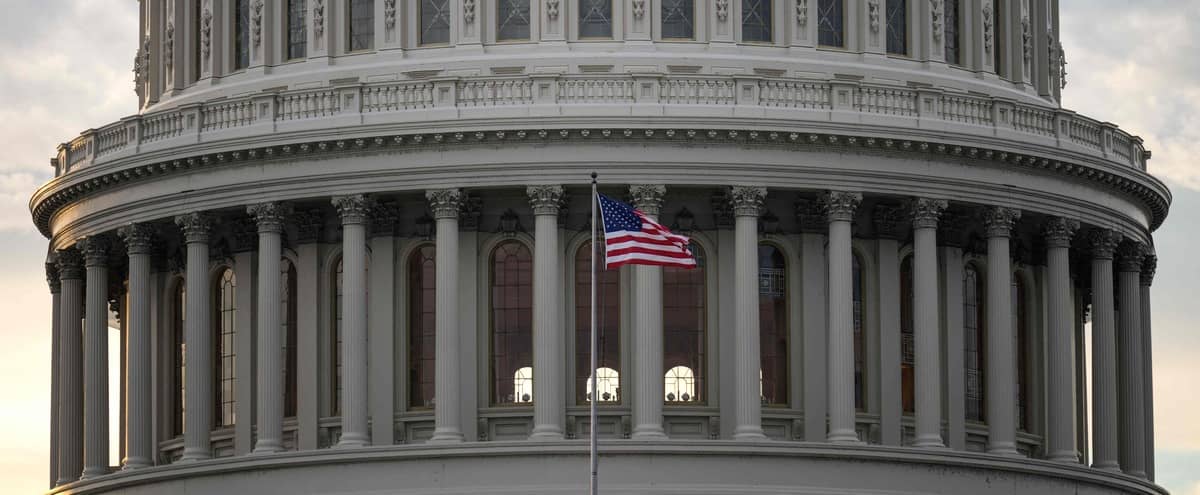
The US Senate on Thursday adopted a partial funding measure for the federal government aimed at postponing the specter of budget paralysis until early March.
• Read also: Blinken heads to Africa in the face of Russian and Chinese advances
• Read also: Trump says he wants “total immunity” for the US president
The House of Representatives must now vote on the text itself, and if approved, will send it to Joe Biden's desk for release before midnight on Friday, which is the end date for part of the federal state funding.
Otherwise, thousands of civil servants will be forced into technical unemployment, including thousands of air traffic controllers.
US elected officials have been under pressure to vote quickly on the measure and thus avoid the famous partial “shutdown,” while Washington finds itself at risk of a snowstorm on Friday and the House of Representatives has already canceled votes that were scheduled to take place that day. there.
This bill would allow the government to continue funding government spending until the beginning of March, giving elected officials time to agree on a larger budget and spending details.
“If both parties continue to work in good faith, we can avoid a shutdown without the last-minute whims or unnecessary anxiety of many Americans,” Democratic Majority Leader Chuck Schumer said in a speech in the Senate.
After difficult negotiations
Congress' repeated inability to adopt the budget for the fiscal year (which began four months ago) demonstrates the dysfunction within the American institutional apparatus.
The financing measures adopted are often used for a short period to avoid budget paralysis.
The text voted on Thursday was the subject of difficult negotiations between Republicans, the majority in the House of Representatives, and Democrats, the majority in the Senate.
Dozens of elected Republicans in the House of Representatives, from the ultra-conservative movement, are expected to vote against the temporary measure. However, the expected support of elected Democrats should allow it to be adopted.
In early January, Republican House Speaker Mike Johnson announced an agreement with Democrats on the total amount of the state budget for fiscal year 2024, setting a limit on federal spending at about $1.7 trillion.
The dispute between the two parties concerns spending items.
Joe Biden thus formulated a request for an additional $106 billion in the budget, primarily to aid Ukraine and, to a lesser extent, Israel.
Leaders of both parties in the Senate support supporting Kiev, but a number of Republican lawmakers in the House of Representatives say that such support is not in the interest of the United States.
Another thorny topic: the influx of migrants at the border with Mexico.
Republicans and Democrats both agree that there is a crisis, but they disagree on what response to take. The former in particular want to limit the right to asylum and strengthen expulsion measures.






